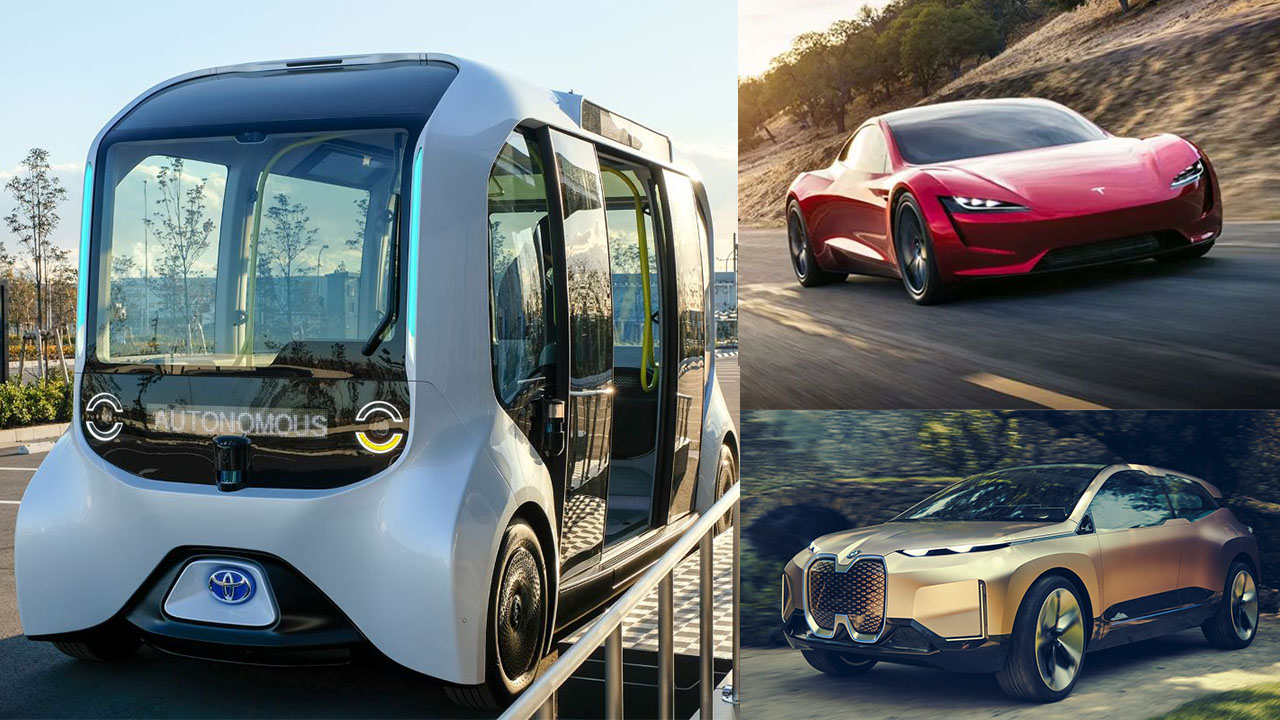The automotive industry is currently buzzing with discussions about exciting upcoming models. With the shifting environmental landscape, the spotlight is firmly on sustainability and the rise of electric vehicles.
Many automakers have made commitments to phase out their gasoline-powered vehicle lineups in favor of electric and hydrogen fuel cell technologies.
Moreover, the idea of flying cars and other futuristic technological advancements is on the horizon, poised to transform the automotive sector. Here are the 10 most anticipated vehicle releases expected over the next decade.
1. Tesla Roadster 2.0
The first-generation Tesla Roadster, which was introduced in 2008, received a mixed reception and did not meet performance expectations at the time.
Elon Musk unveiled the Tesla Roadster 2.0 in 2017, and its official launch is expected between 2027 and 2028.
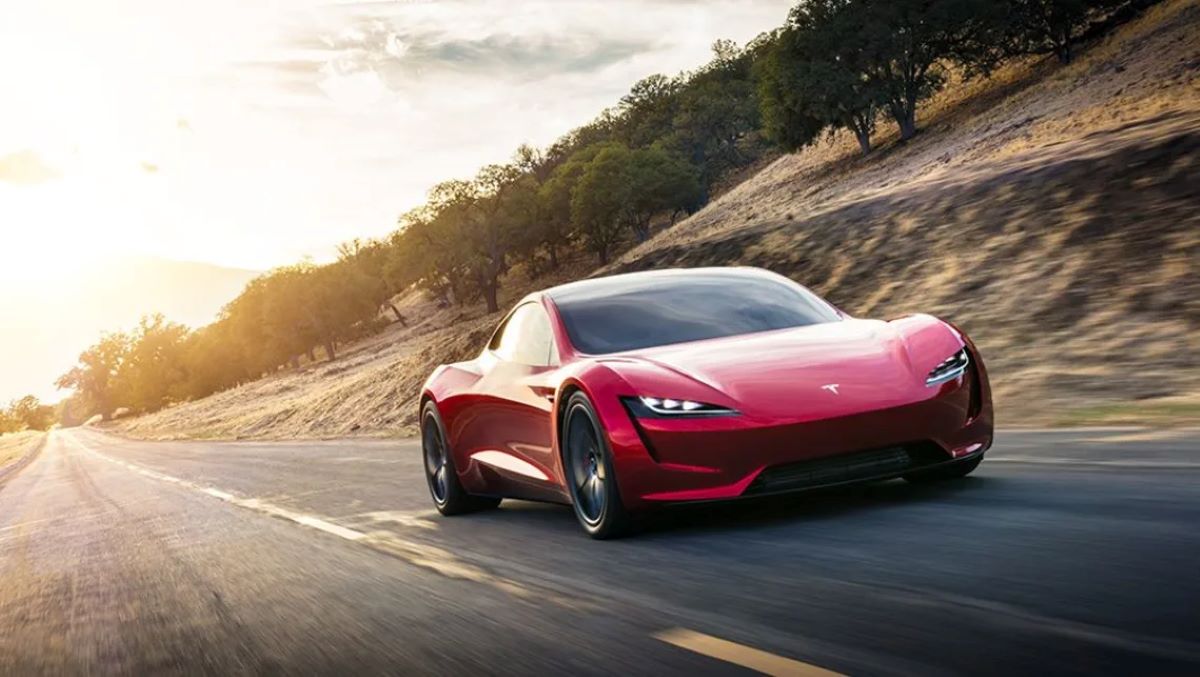
The anticipated features of this new model include a trimotor powertrain that will propel the vehicle from 0 to 60 mph in just 1.9 seconds an impressive statistic only matched by the Tesla Model S.
Furthermore, the vehicle will reportedly feature a SpaceX package equipped with rocket thrusters, which will enhance both acceleration and overall stability.
2. Apple Car
Apple has proven time and again its technological dominance by revolutionizing industries and reshaping market trends. Expectations are high for the Apple Car, which is anticipated to integrate autonomous driving technology with seamless connectivity.
It is expected to feature level 5 autonomy as part of its ambitious, decade-long endeavor codenamed Project Titan.
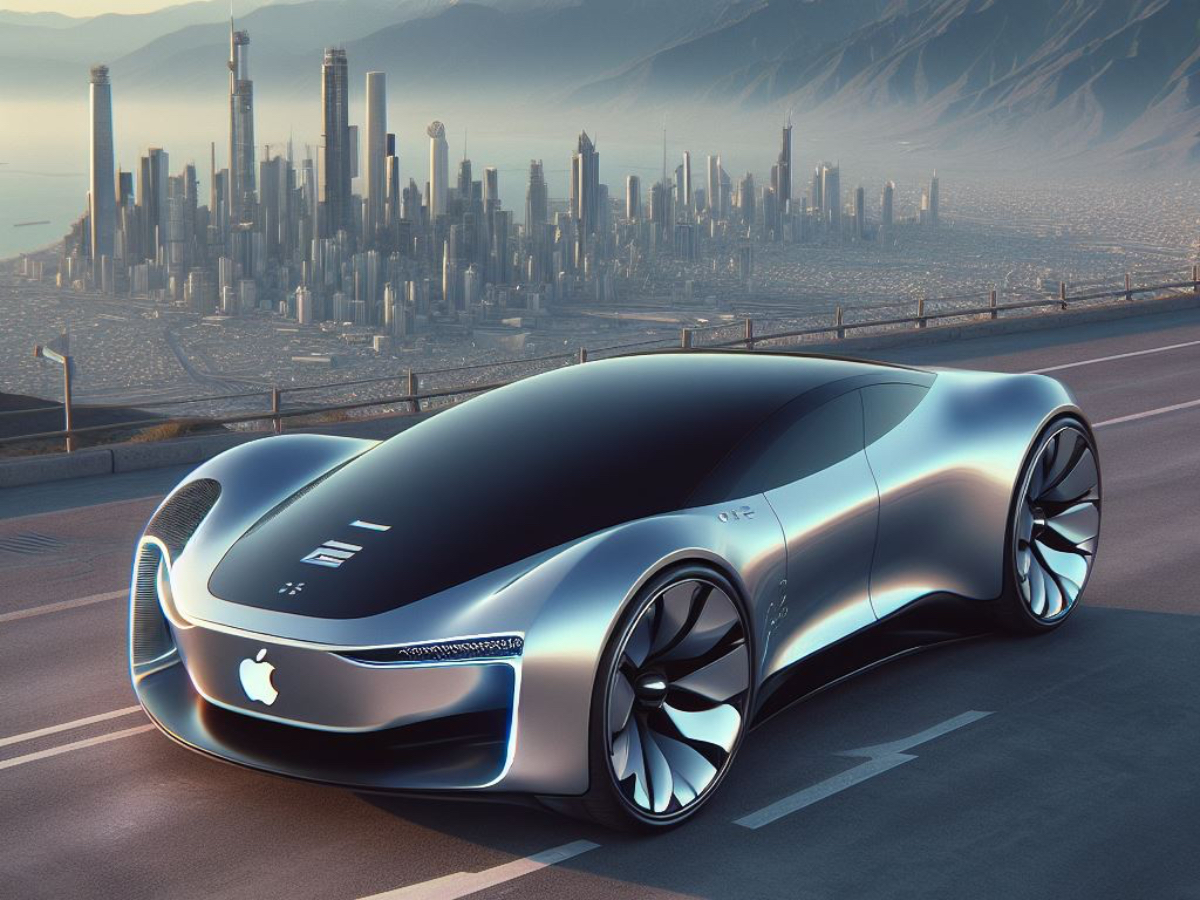
The Apple Car is projected for a 2028 launch; however, there is a possibility of delays, with some speculations suggesting that the release could be pushed into the early 2030s.
3. BMW iNext
BMW’s concept car, the BMW iNext, is expected to be one of the most innovative electric vehicles when it officially debuts in 2029.
The BMW iX, the brand’s first-ever electric SUV, already showcased several advanced features. The new BMW iNext will incorporate even more advancements focused on autonomous driving, transitioning from levels 4 to level 5 autonomy.
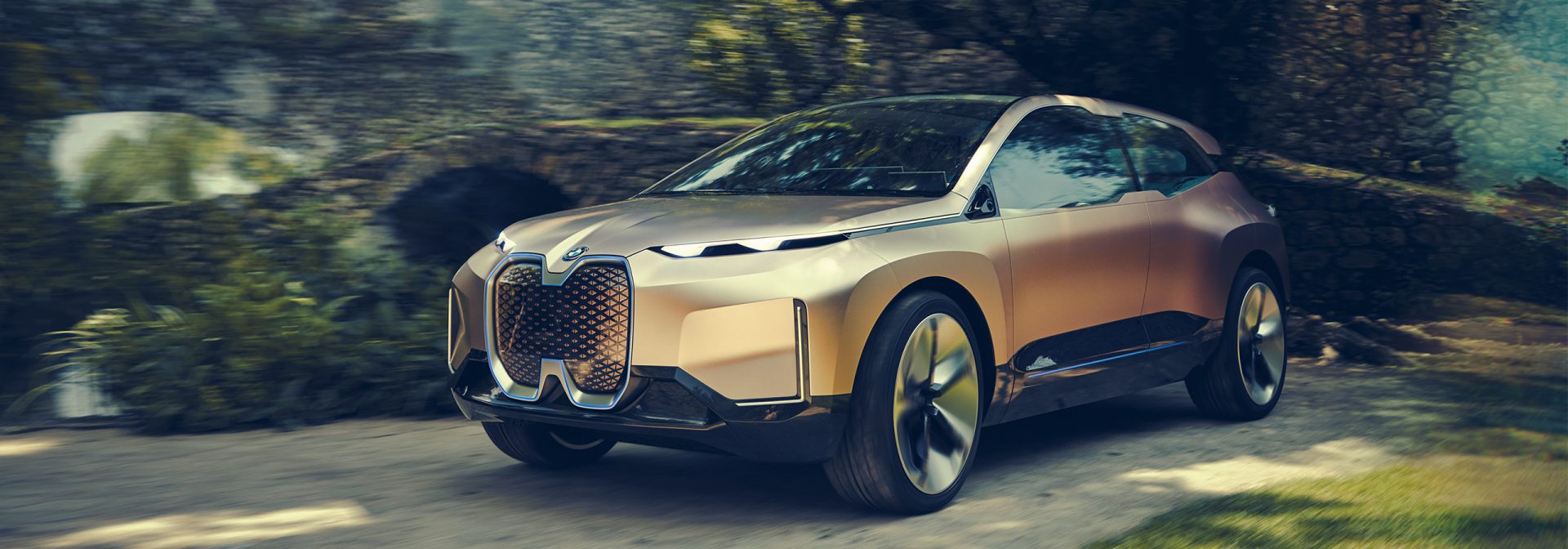
Additionally, this vehicle is expected to promote rapid-charging capabilities, with claims suggesting it could achieve 80% battery capacity in under 10 minutes.
There is also growing speculation that the BMW iNext will feature augmented reality heads-up displays, making the vehicle smarter and more intuitive for the driver.
4. AirCar
The arrival of flying cars was always expected at some point, and it may have come sooner than anticipated. The European innovation was tested and sold to China in 2021.
The AirCar is powered by a BMW engine and successfully completed a 35-minute flight between two airports in Slovakia. Hebei Jianxin Flying Car Technology Company, based in Cangzhou, has acquired the rights to this technology.
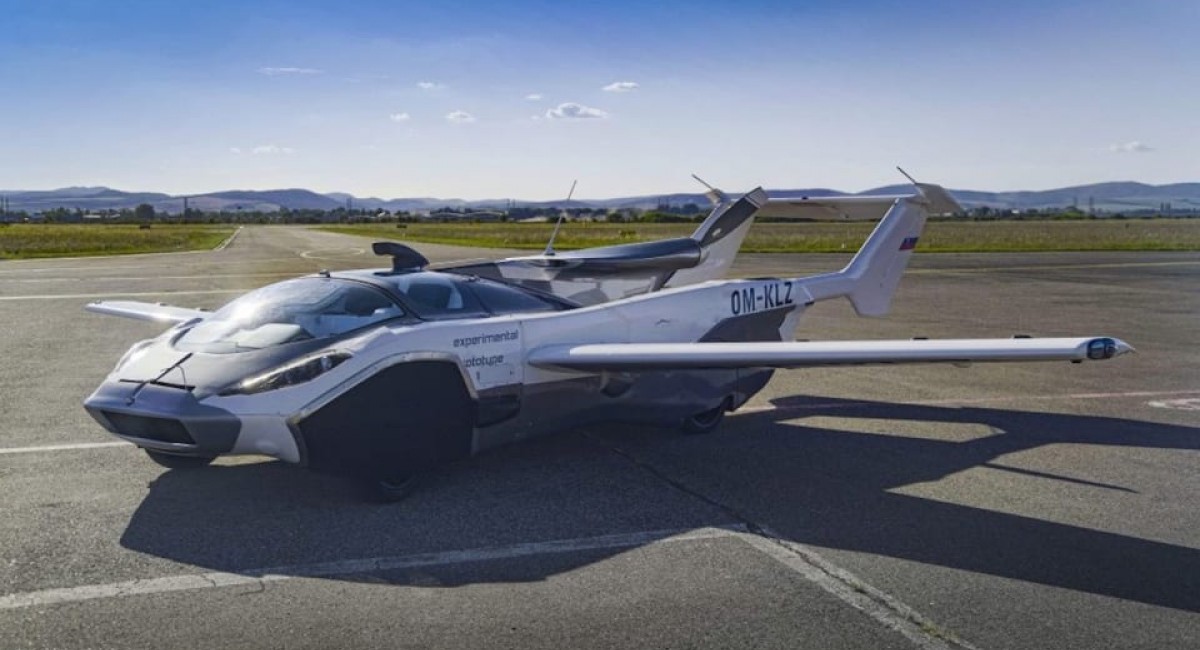
One of the most impressive features of the AirCar is its ability to transform into an aviation device within just two minutes. This transformation and versatility make the AirCar one of the most anticipated vehicle releases of the next decade.
5. Toyota e-Palette
The Toyota e-Palette is expected to make its debut in 2028 and will mark the company’s first foray into automated electric vehicles.
Production is scheduled to begin in the United States in 2025, and there is speculation that the e-Palette will be transformed into a mobile hotel and restaurant experience.
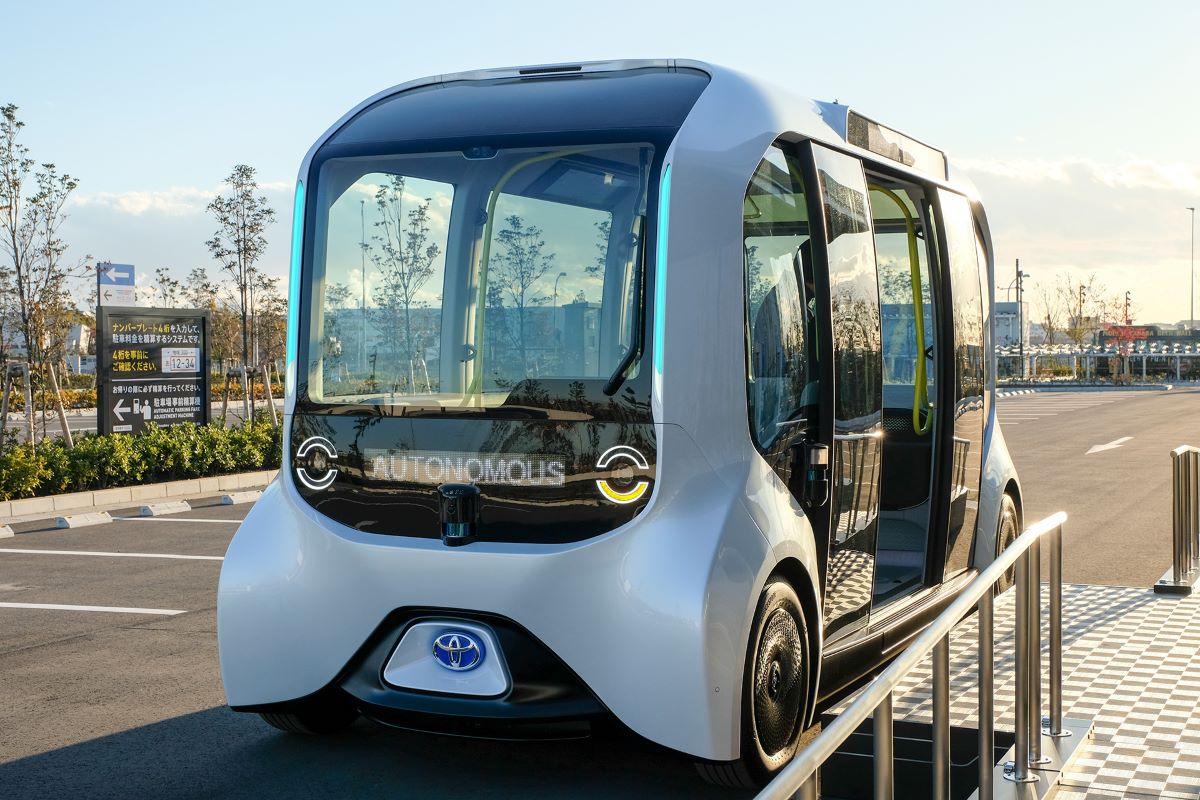
Its design bears a striking resemblance to a bus, with ample room to accommodate a significant number of passengers.
This zero-emission vehicle aims to revolutionize urban transportation while providing a variety of unique on-board activities and services.
6. BMW’s Neue Klasse
BMW CEO Oliver Zipse has confidently assured that the BMW Neue Klasse will meet expectations by focusing on three main principles: electrification, digitalization, and circularity.
At present, there is limited information available about this innovative vehicle. However, a virtual model has been displayed, offering a glimpse into its features.
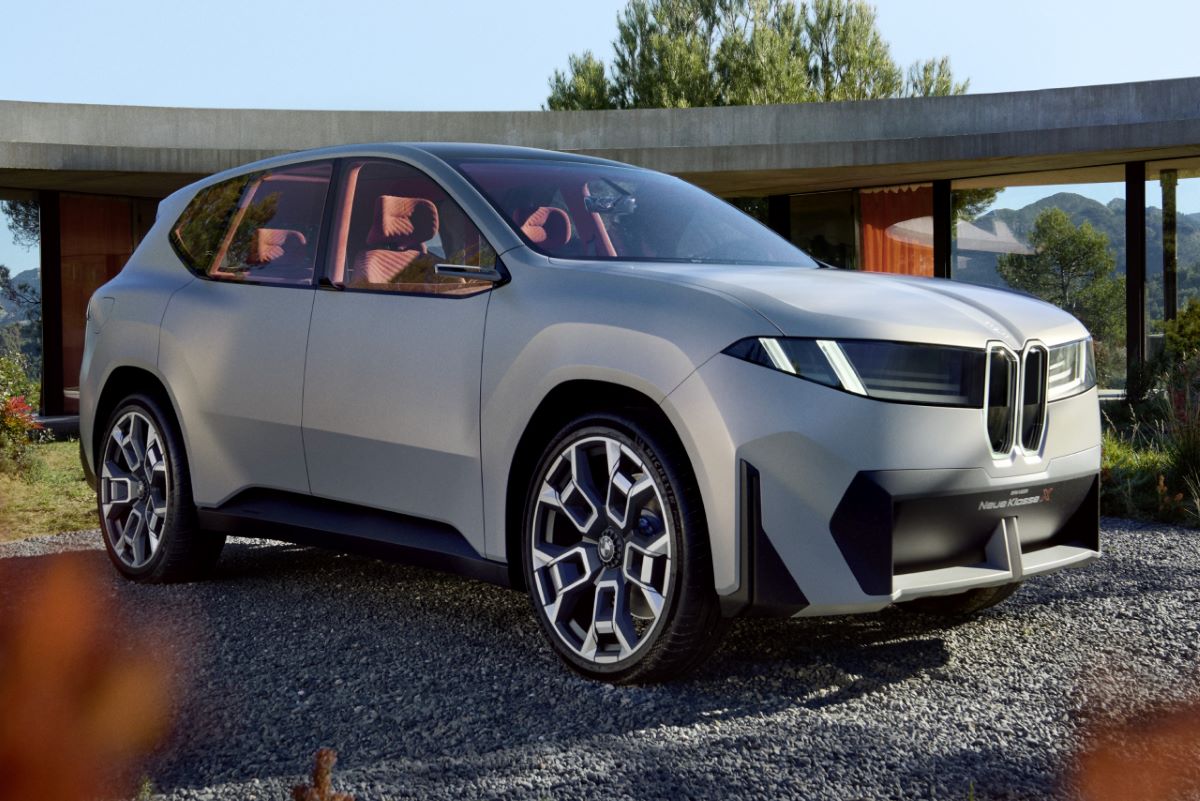
One of the key highlights of the BMW Neue Klasse is its anticipated self-driving capabilities.
The vehicle is expected to prioritize sustainability, as it will feature sixth-generation eDrive technology and will emphasize innovation with environmental consciousness at its core.
7. Nissan Ambition EV 2030
Nissan is set to launch its new electric vehicle in 2030 under the ambitious Nissan Ambition project, which was first introduced by CEO Makoto Uchida.
As part of this initiative, Nissan has pledged to develop a total of 19 fully electric vehicles, demonstrating the company’s strong commitment to sustainability and environmental stewardship.
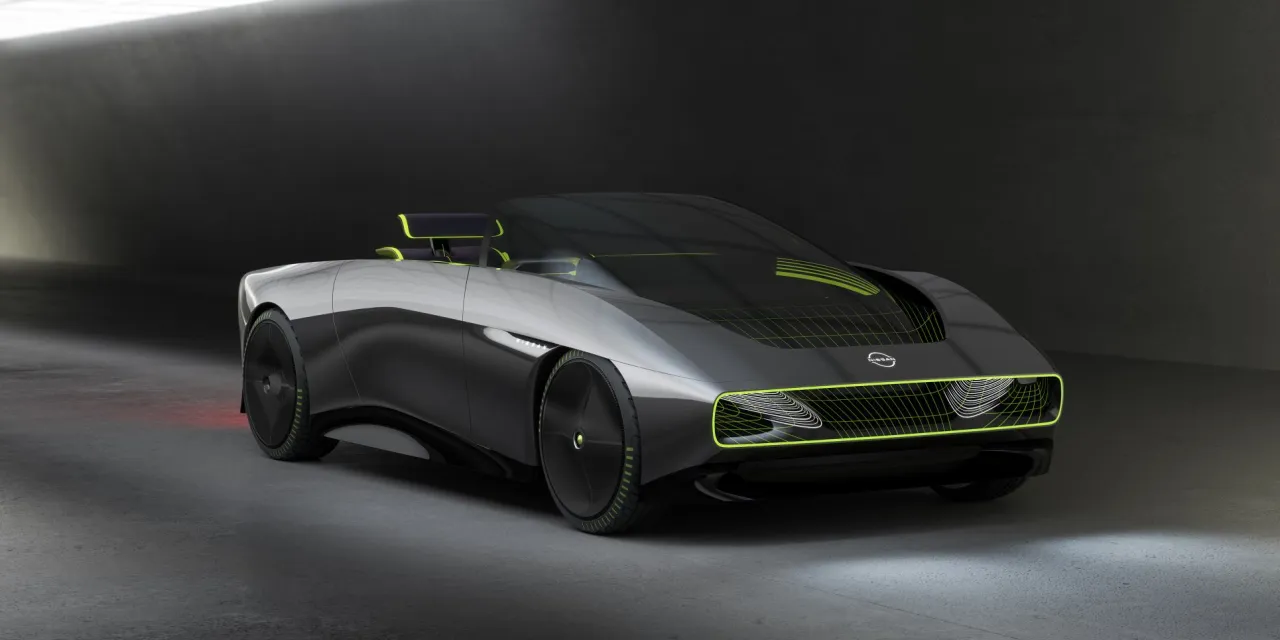
The ultimate goal for this upcoming EV is to remain affordable and accessible to a broad audience. Nissan will collaborate with its Alliance partners, Renault and Mitsubishi, to make this vision a reality.
8. Audi Artemis
The Audi Artemis project was originally announced in 2024, with expectations to enter production in the same year. However, production has now been postponed to 2025, with the anticipated release pushed back to 2029.
This vehicle has generated considerable buzz over the years, with expectations surrounding level 4 or 5 autonomous driving capabilities.
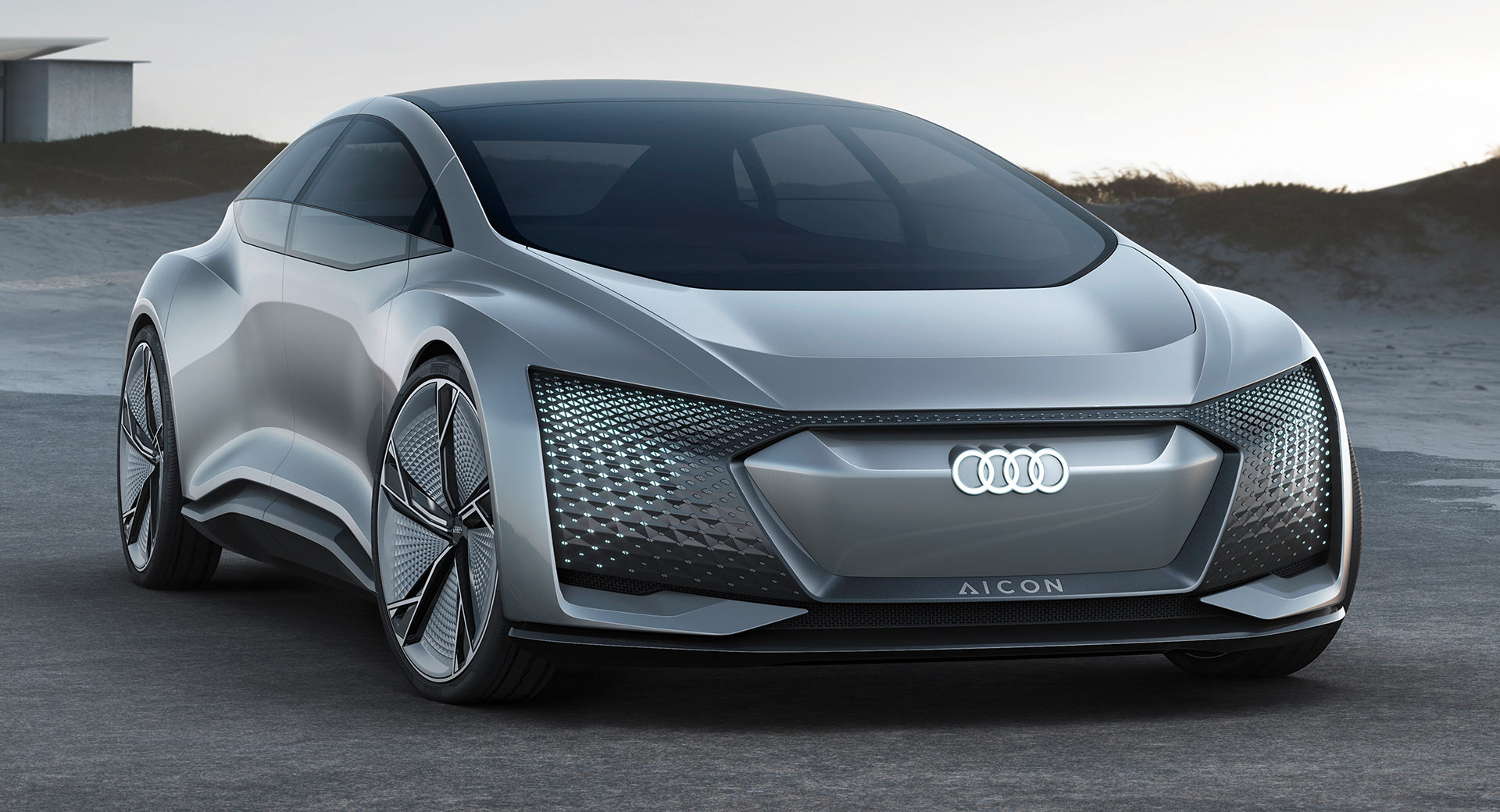
Volkswagen Group CEO Oliver Blume has expressed doubts about the current project’s viability, noting that it has “shown little progress.” Consequently, Blume is planning to replace the original concept with a “revamped software roadmap.”
9. Volkswagen Trinity
Volkswagen’s Trinity project is a $2 billion endeavor first announced in 2021, intended to introduce an electric vehicle designed to revolutionize the industry.
However, the project was delayed in 2023 as doubts emerged about its ambitious goals, pushing its projected launch date to 2029.
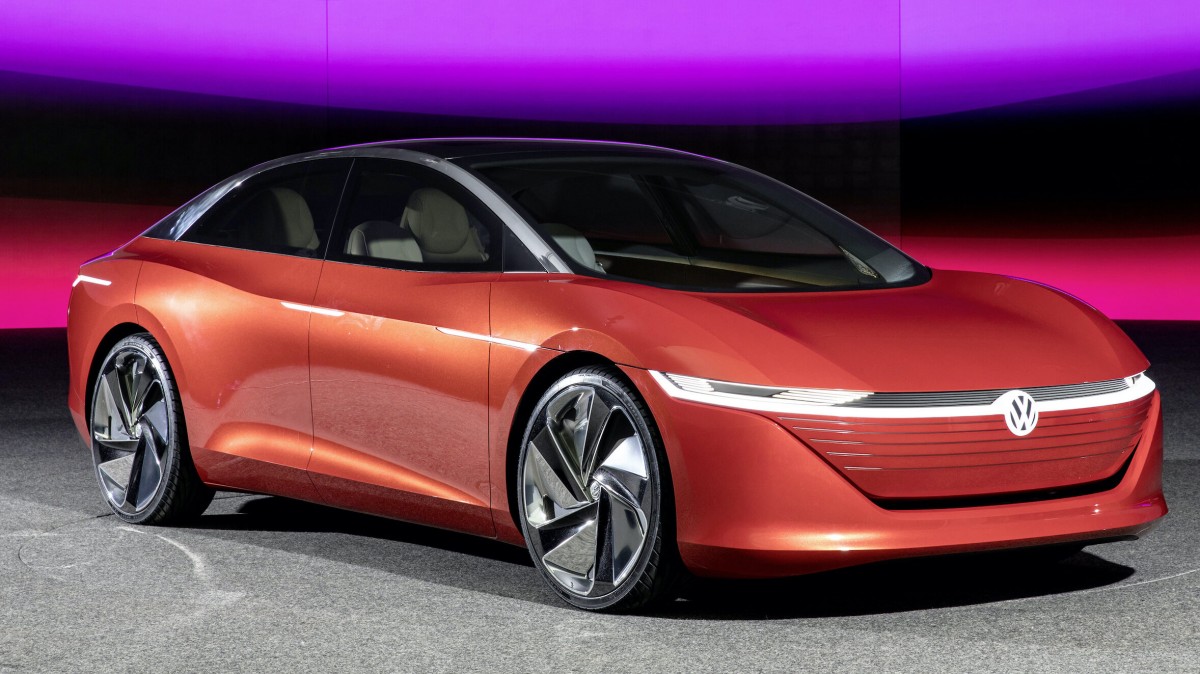
Speculations about the Volkswagen Trinity revolve around its impressive 500 km range and its ultra-fast-charging capabilities.
CEO Oliver Blume is also considering delaying the production timeline until 2030, as he envisions launching it on the Scalable Systems Platform (SSP).
10. Rivian R2T
The Rivian R2T will be built upon the same platform as its predecessor while positioning itself as a more powerful and advanced electric truck.
The success of its predecessor has sparked significant excitement about this next-generation vehicle. The R2T is expected to incorporate substantial advancements, particularly in electric motor and battery technology.
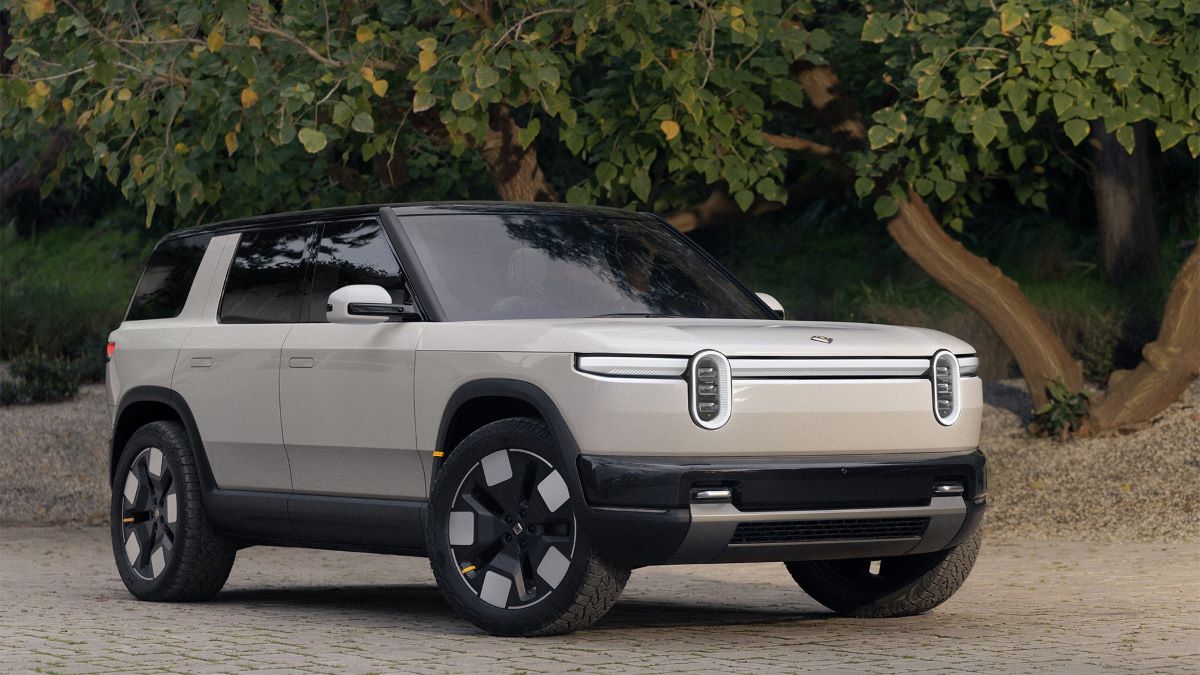
Rivian has emphasized sustainability as a core part of its mission, with the goal of achieving complete carbon neutrality by 2028.
As a dominating electric truck in the market, the R2T has high expectations to live up to—and enthusiasts are eager to see how the next iteration will perform.

